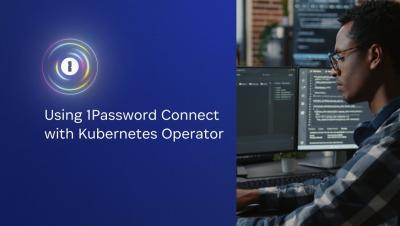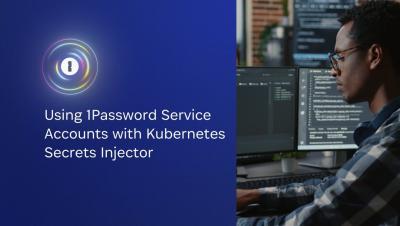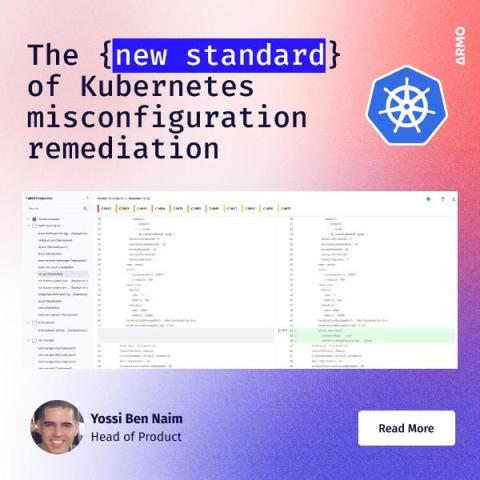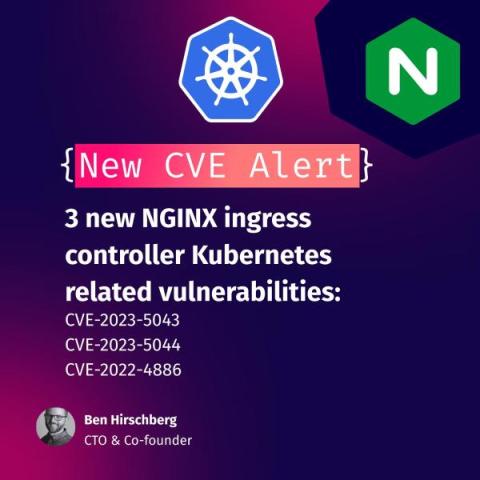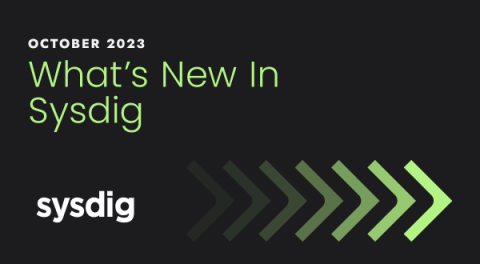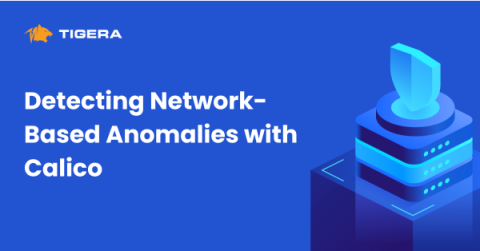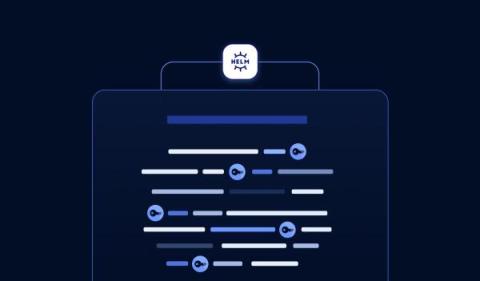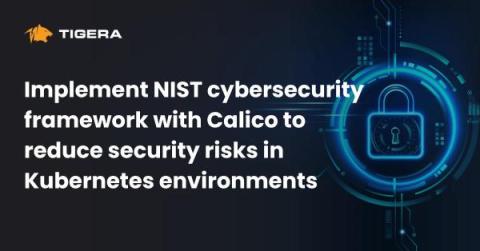Security | Threat Detection | Cyberattacks | DevSecOps | Compliance
Containers
Using 1Password Service Accounts with Kubernetes Secrets Injector
The new standard of Kubernetes misconfiguration remediation
Three new NGINX ingress controller vulnerabilities reported and how they affect Kubernetes
Ensuring robust security of a containerized environment
In today’s rapidly evolving digital landscape, containerized microservices have become the lifeblood of application development and deployment. Resembling miniature virtual machines, these entities enable efficient code execution in any environment, be it an on-premises server, a public cloud, or even a laptop. This paradigm eliminates the criteria of platform compatibility and library dependency from the DevOps equation.
What's New in Sysdig - October 2023
“What’s New in Sysdig” is back with the October 2023 edition! My name is Zain Ghani, based in Austin, Texas, joined by my colleague, Matt Baran, based in Los Angeles, California, to share our latest updates with you. The last few weeks have been really exciting at Sysdig.
Detecting Network-Based Anomalies with Calico
In the vast digital landscape, the flow of data across networks is akin to water coursing through a city’s plumbing system. Just as impurities in water can signal potential issues, deviations in network traffic, termed as network inserted anomalies, can hint at cyber threats. These anomalies range from overt signs like unauthorized access attempts to subtler indicators like unusual data transfer patterns.
How to Handle Secrets in Helm
Learn step-by-step techniques and best practices to handle secrets in Helm charts safely and effectively. Level up your Helm deployments today!
Implement NIST cybersecurity framework with Calico to reduce security risks in Kubernetes environments
According to the CNCF annual survey released in 2022, 96% of organizations are using or evaluating Kubernetes as a platform for their containerized workloads. Containerization has gained popularity as it fosters DevOps culture and provides the agility and flexibility required for faster software release cycles. Kubernetes has crossed the “adoption chasm” to become a mainstream global technology, emerging as the operating system for the cloud.


